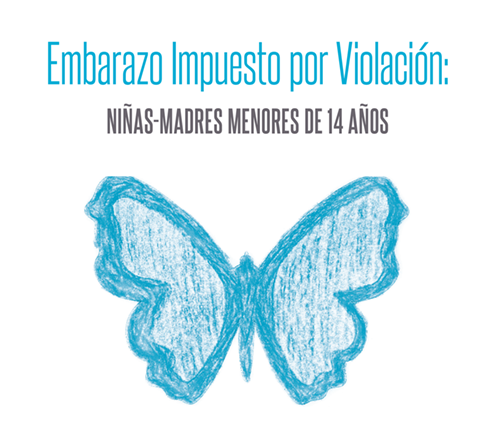A partir de 15 historias de niñas víctimas de violación, que fueron obligadas a aceptar el embarazo y la maternidad, se llevó a cabo un análisis cualitativo-cuantitativo. Para evaluar la magnitud de la violencia sexual en Nicaragua se utilizaron datos de la Encuesta Nacional Demografía y Salud (ENDESA 2011/12), los anuarios de la Policía Nacional, el Instituto de Medicina Legal y del Ministerio de Salud. Se incluyó una encuesta nacional que evaluó la opinión nicaragüense sobre el aborto terapéutico. Para estudiar las circunstancias en torno a la maternidad forzada de las 15 niñas víctimas de violación, se realizó una serie de entrevistas con informantes clave y se evaluó la situación psico-social de la niñas. De esta manera, se identificaron las brechas en la calidad de la atención y el acceso a la justicia. —————– English: Forced pregnancy after rape: Executive summary [Spanish only] Based on 15 stories of young girls victims of rape, who were forced to accept pregnancy/motherhood, a qualitative-quantitative analysis was carried out. To assess the magnitude of sexual violence in Nicaragua, data from the Demographic Health Survey (ENDESA 2011/12), annual reports from the National Police, the Forensic Medical Institute, and the Ministry of Health were used. A national survey assessing Nicaraguan opinion of therapeutic abortion was included. To study the circumstances around the forced maternity of the 15 raped victims girls, their psyco-social condition was assessed and a series of interviews with key informants were conducted. In this way, the gaps in quality of care and access to justice were identified.


